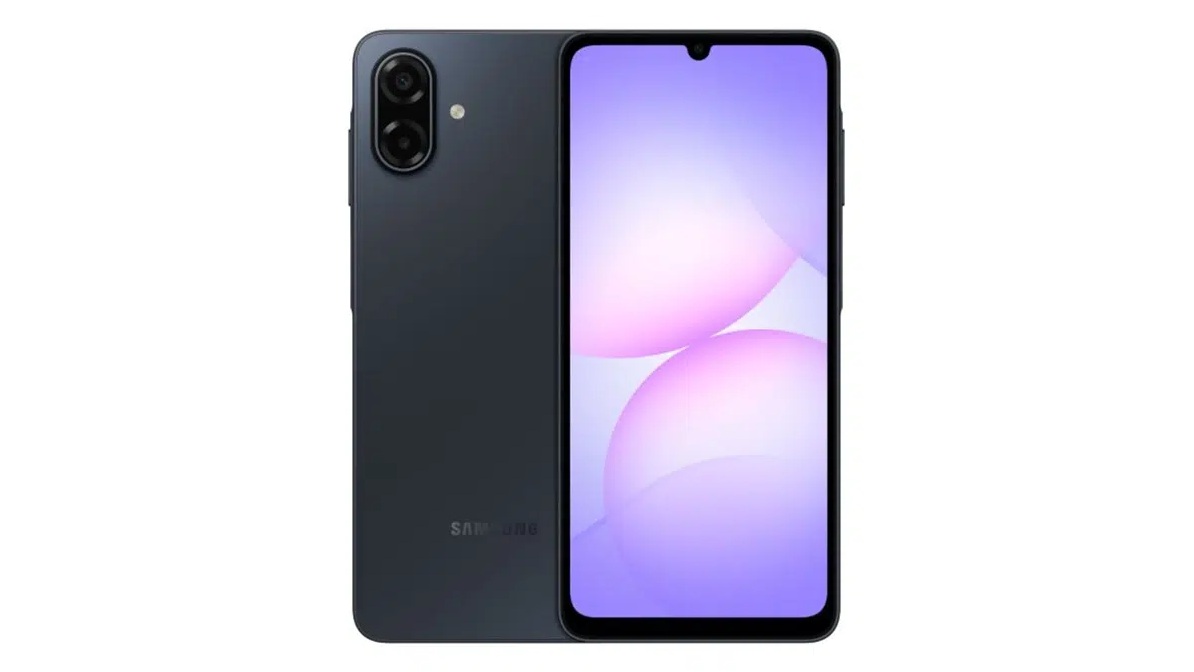Microsoft is surprisingly close to making a decent Android phone
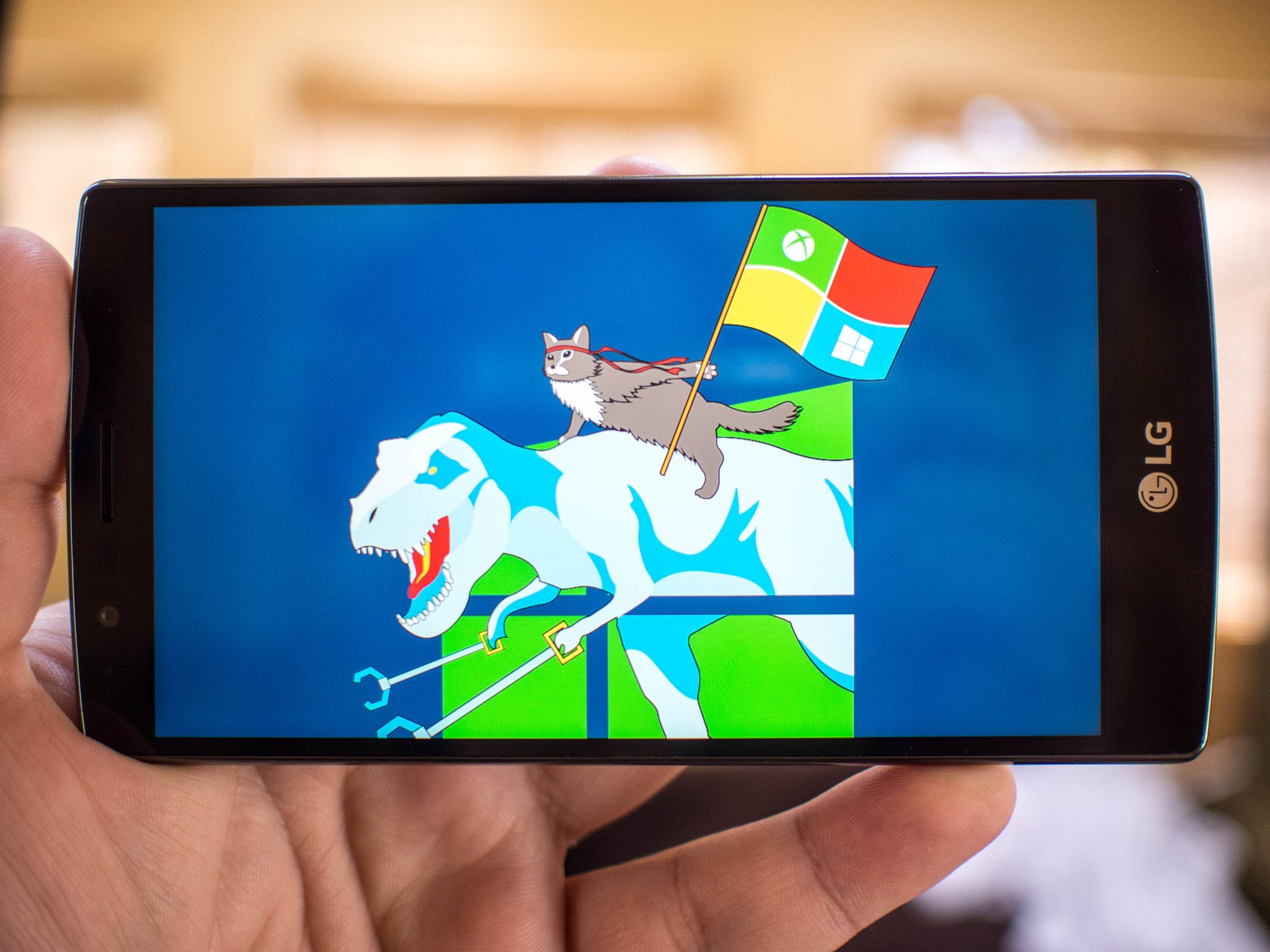
Get the latest news from Android Central, your trusted companion in the world of Android
You are now subscribed
Your newsletter sign-up was successful
Anytime you see the words Microsoft and Android in the same sentence suggesting a new products, fans will come out of the woodwork to remind everyone of that dark time four years ago when Verizon forced Bing on a bunch of phones. In the minds of these users, the event was followed by a grand angry rebellion that banished Bing to the Netherspire and restored Google to its rightful place at the top of our phones and tablets. The people had spoken, Microsoft had been defeated, and there's no need to consider ever going down that dark road again.
The truth is a little less exciting, with Google inviting manufacturers to participate in legally binding agreements that ensured Google search sat atop everything in exchange for access to the Play Store, but the end result isn't all that different. Microsoft could make its own phone without access to the Google Play Store, but that usually ends poorly for everyone involved. In order to have their apps and services installed on something running Google-powered Android, Microsoft needed to go the long way and offer compelling apps that users would want to install and use instead of the pre-loaded Google counterparts.
You may not be aware of it, but Microsoft is surprisingly close to making this a reality.
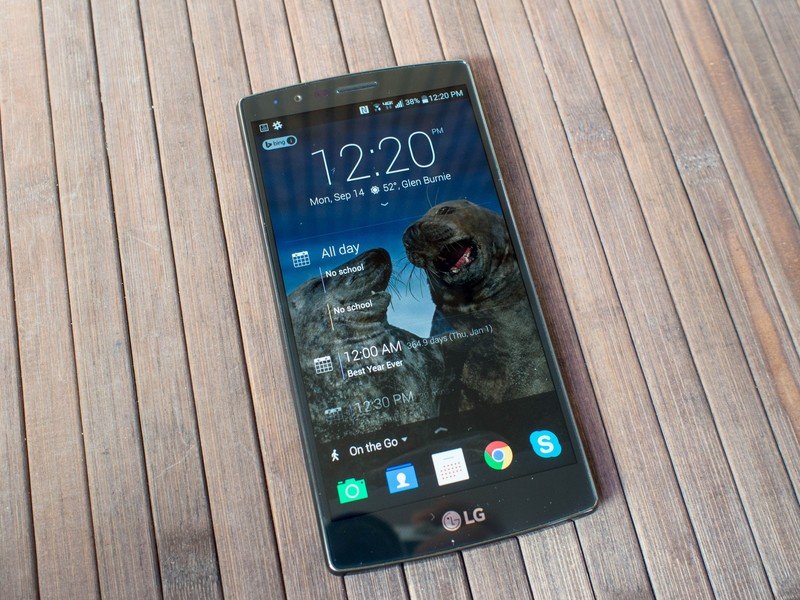
The key to making an app people will actually consider using in replacement of Google's defaults these days, in many cases, is to go all out and try to replace all of Google's apps at once. Google's integration and cross-app functionality makes it hard to replace a single app with something that doesn't play nice with the rest, even if that one app has features you prefer. Going all in and replacing the whole suite of Google apps isn't easy, but Microsoft has been slowly moving in that direction for years now.
Microsoft as the default on an Android phone starts to look not only feature complete, but downright enjoyable.
Mobile versions of Office apps to replace Drive, Outlook to replace Gmail, OneNote to handle Keep, Skype for messaging and video chat, Groove Music instead of Google Play Music, Nokia Here to replace Maps, and of course OneDrive to connect them all together an offer cloud storage. This handles your basics, and even two years ago might have been enough to help people make the switch, but Google's integration goes a lot deeper than cross-app chatter nowadays.
Microsoft needed Cortana to replace voice search and act as a virtual assistant now that Google Now was baked in to all of the search functions. Between Arrow Launcher and Next Lockscreen for personalized access to apps and features, and half a dozen clever extras like Word Lens and On{X}, Microsoft as the default on an Android phone starts to look not only feature complete, but downright enjoyable.
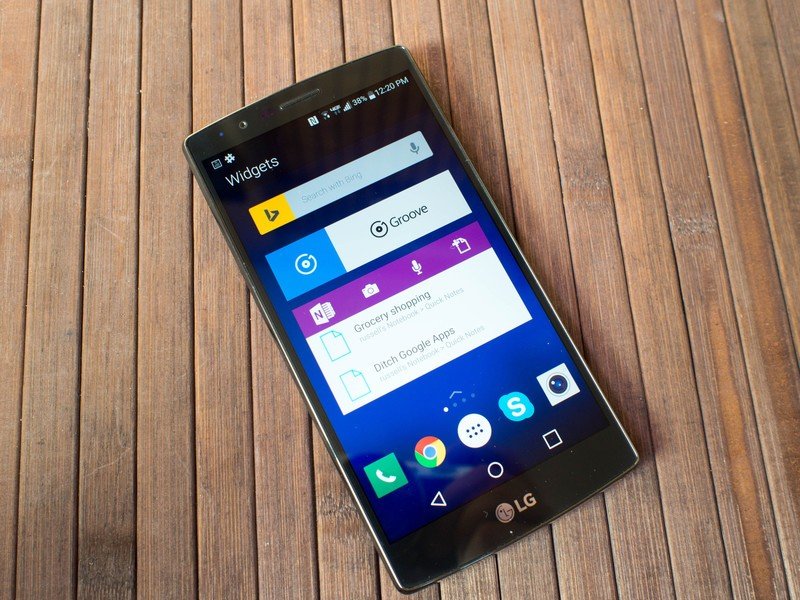
The one big gap in Microsoft's plan for total Google Service replacement at the moment is a browser. While there are dozens of alternatives to Google's Chrome in the Play Store, it'd be nice to eventually see Edge come to Android with some of the features that make it interesting on Windows 10.
Get the latest news from Android Central, your trusted companion in the world of Android
Looking at all of these apps installed and used in place of the current Google Apps demonstrates just how close the company is to a complete thought.
Perhaps more important than drawing on a web page in screenshot form and better overall performance is the continued integration efforts. Things like in-app searches like Chrome has, or the ability to quickly export a line from a website to OneNote, or even the ability to save something you're downloading from the web directly to OneDrive. There's a lot of potential there, and Microsoft has clearly demonstrated the potential to make this happen.
If the long-term goal for Microsoft's adoption of Android is to make a phone with this software deeply embedded in the system, either through continued cooperation with Cyanogen or a full on Microsoft-made Android phone with all of this software onboard, looking at all of these apps installed and used in place of the current Google apps demonstrates just how close the company is to a complete thought. It may not be what many Google fans are looking for in a smartphone, but it could absolutely be what Windows 10 users who aren't interested in the current crop of Windows-based phones are looking for, and that group isn't nearly as small as many Android enthusiasts would like to think it is.
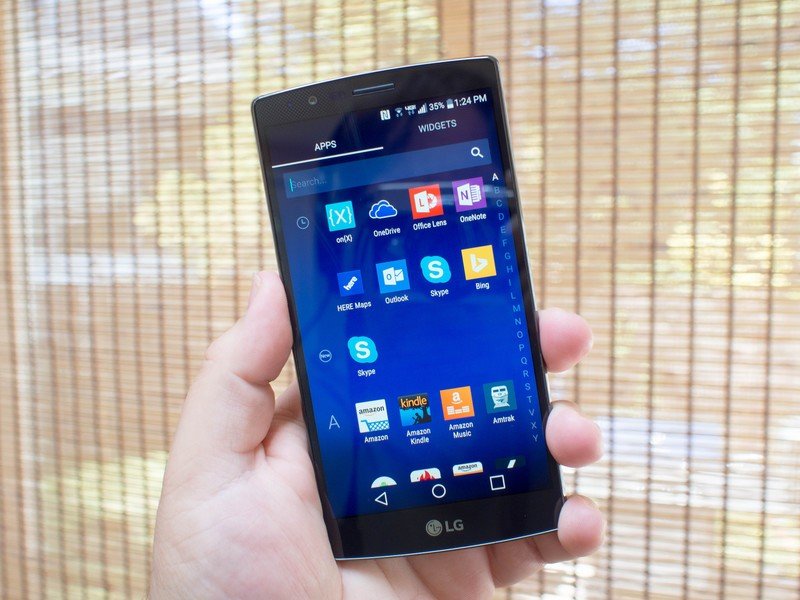
Microsoft and Verizon messed up a couple of years ago by trying to force something on everyone, and as it stands right now trying to assemble all of Microsoft's apps into a cohesive thought out of the box is a lot of work, but there's a place somewhere in the middle that could have genuine appeal if done in a way that offers this complete alternative way of doing things in a compelling package. If nothing else, it'd be interesting to see that middle ground come to life.

